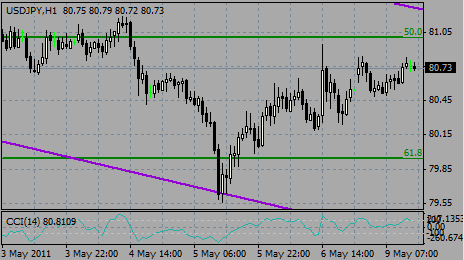- US focus: Dollar rises for a third day on prospects U.S. tax cuts will spur growth
Notícias do Mercado
US focus: Dollar rises for a third day on prospects U.S. tax cuts will spur growth
The dollar rose to near a 10-week high versus the yen as speculation that extended U.S. tax cuts will bolster the economy drove Treasury yields higher and boosted demand for assets denominated in the greenback.
The U.S. currency gained against most of its other major counterparts as 10-year Treasury yields surged to a six-month high after President Barack Obama late Dec. 6 agreed to extend tax reductions for two years.
The dollar has gained 3.4% during the past month in a measure of the currencies of 10 developed nations. The euro has dropped 2.3%, while the yen is down 0.7%.
Obama said he would accept lower tax rates on high earners’ income, dividends, capital gains and multimillion dollar estates for the next two years in exchange for extending federal unemployment insurance. The tax rates, enacted in 2001 and 2003, were set to increase on Dec. 31.
Losses in the euro were limited after Irish Finance Minister Brian Lenihan yesterday won the backing of lawmakers in the first votes on his 6 billion-euro (7.9 billion) budget.
The government is under pressure to pass the legislation to secure an 85 billion-euro bailout as the fiscal squeeze threatens to prolong a slump that has seen the economy shrink 11% over the past three years.
“The Ireland story for now may be in the rear-view mirror, but going forward the situation looks pretty uncertain with regard to Portugal and Spain and that’s keeping the euro very vulnerable,” said Omer Esiner, chief market analyst at Commonwealth Foreign Exchange Inc..
Canada’s dollar advanced versus the euro, yen and Australian and New Zealand dollars. The Bank of Canada yesterday left interest rates unchanged at 1% amid falling exports and Europe’s sovereign-debt crisis.
